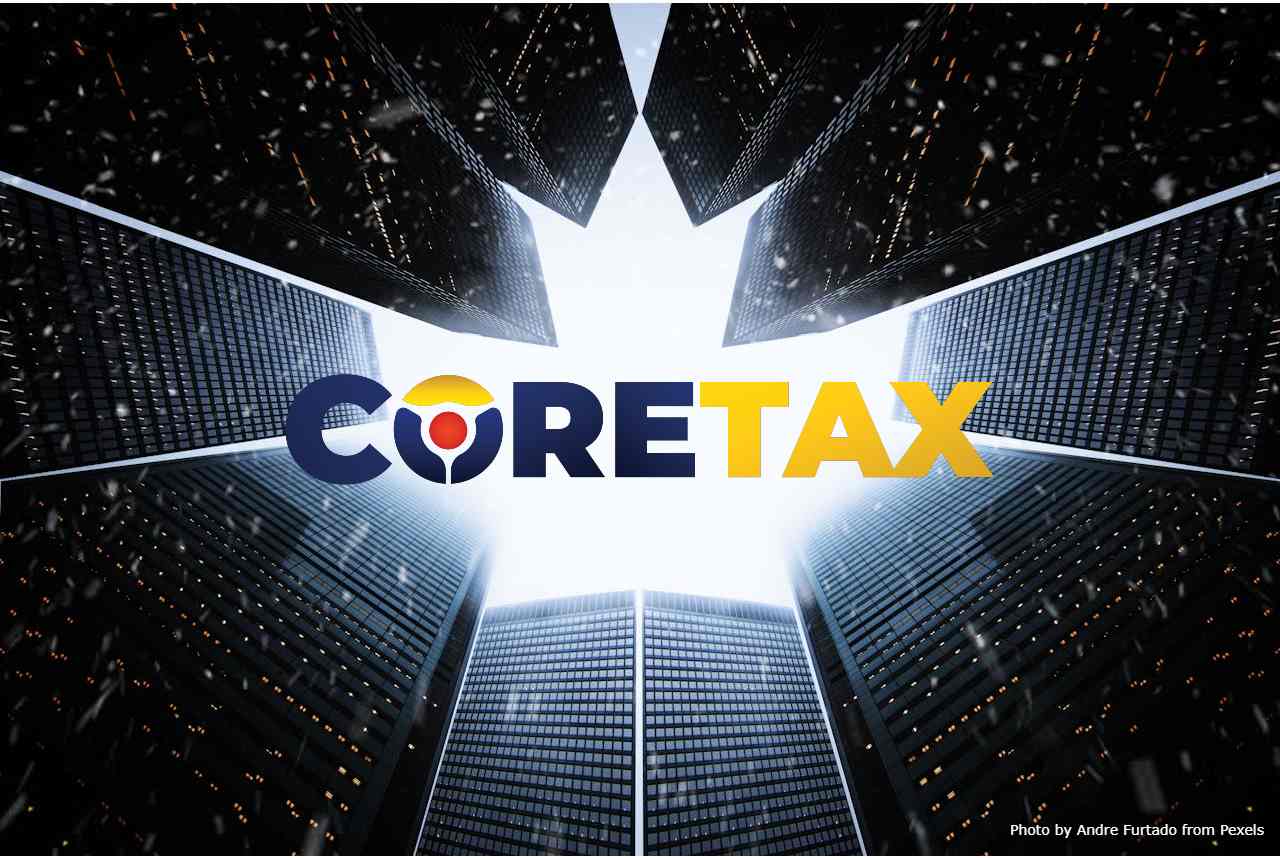What is a Tax Objection?
Tax objections are legal efforts that can be taken by taxpayers to challenge tax assessments issued by the Directorate General of Taxes (DJP). This objection refers to the provisions regulated in Article 2 paragraph (1) PMK No. 202/2015 concerning Procedures for Filing and Resolving Objections. According to these provisions, Taxpayers can submit objections to:- Underpayment Tax Assessment Letter (SKPKB): A tax assessment that determines that there is an underpayment of tax.
- Additional Underpayment Tax Assessment Letter (SKPKBT): Tax decree that determines that there is an additional underpayment of tax after SKPKB.
- Overpayment Tax Assessment Letter (SKPLB): Tax assessment stating that the taxpayer has paid more than the amount of tax payable.
- Nil Tax Assessment Letter (SKPN): A tax assessment that determines that no tax is payable.
- Tax Withholding or Collection by Third Parties: Submitting an objection to the withholding or collection of tax carried out by a third party in accordance with the provisions of laws and regulations in the field of taxation.
- Amount of Loss: Objection to the calculation of the amount of loss determined in accordance with the provisions of laws and regulations in the field of taxation.
- Amount of Tax: Objection to the amount of tax payable or stipulated in the SKP.
- Material or Content of Tax Withholding/Collection: Objections to the material or contents of tax deductions or collections carried out by third parties.
Right to Object After Approval
It is important to note that approval of the Final Discussion of Audit Results does not eliminate the right to submit objections to the tax assessment issued. However, several things as required in Article 2 paragraph (3) PER-14/PJ/2020 need to be considered:- Written Submissions: Objections must be submitted written in Indonesian.
- State the Tax Amount and Reasons: The objection must state the amount of tax payable, the amount of tax withheld or collected, or the amount of loss according to the Taxpayer's calculations. The reasons on which the calculation is based must also be included.
- One Objection to One Decree: Each objection can only be submitted for one tax assessment letter, one tax deduction, or one tax collection.
- Tax payment: Taxpayers must have paid off the accrued tax at least in the amount agreed upon in the final discussion of the audit results before the objection letter is submitted.
- Filing Time Period: Objections must be submitted within 3 months from the date the tax assessment letter is sent or the tax is withheld/collected by a third party. If this time period cannot be met due to circumstances beyond the control of the Taxpayer, this must be explained in the objection letter.
- Signature and Power of Attorney: The objection letter must be signed by the Taxpayer. If the objection letter is signed by another party, it must be accompanied by a special power of attorney.
- Not Submitting Certain Applications: Taxpayer is not submitting an application as regulated in Article 36 of the KUP Law. These provisions include:
- Reduction or elimination of administrative sanctions in the form of interest, fines and increases owed, in the event that the sanctions are imposed because of the Taxpayer's error or not because of the fault of the Directorate General of Taxes.
- Reduction or cancellation of an incorrect tax assessment letter.
- Incorrect reduction or cancellation of a Tax Collection Letter.
- Cancellation of the results of a tax audit or tax assessment letter from the results of an audit carried out without submitting a notification letter of audit results and final discussion of the audit results with the Taxpayer.
Objection Process and Decisions
Based on Article 17 PMK No. 202/2015, after an objection is submitted, the DGT has a maximum of 12 months to provide a decision. This decision could be:- Accept everything.
- Granted some.
- Reject.
- Increases the amount of tax that still has to be paid.
Risks and Sanctions
Based on Article 25 paragraph (9) of the KUP Law as amended by HPP Law, if the objection is rejected or only partially granted, the Taxpayer may be subject to a fine of 30% of the amount of tax that still has to be paid based on the objection decision, reduced by the tax that has been paid before submitting the objection.The Importance of Risk Management
Filing an objection is the right of every Taxpayer, but it is important to consider the risks that may arise. One of the main risks is the possibility of significant fines being imposed if the objection is rejected. Therefore, it is very important to consult a tax consultant before raising an objection. A tax consultant can help you understand the procedures, assess the strength of your objection arguments, and minimize possible risks.income-tax , tax-consultant , tax-dispute , vat






